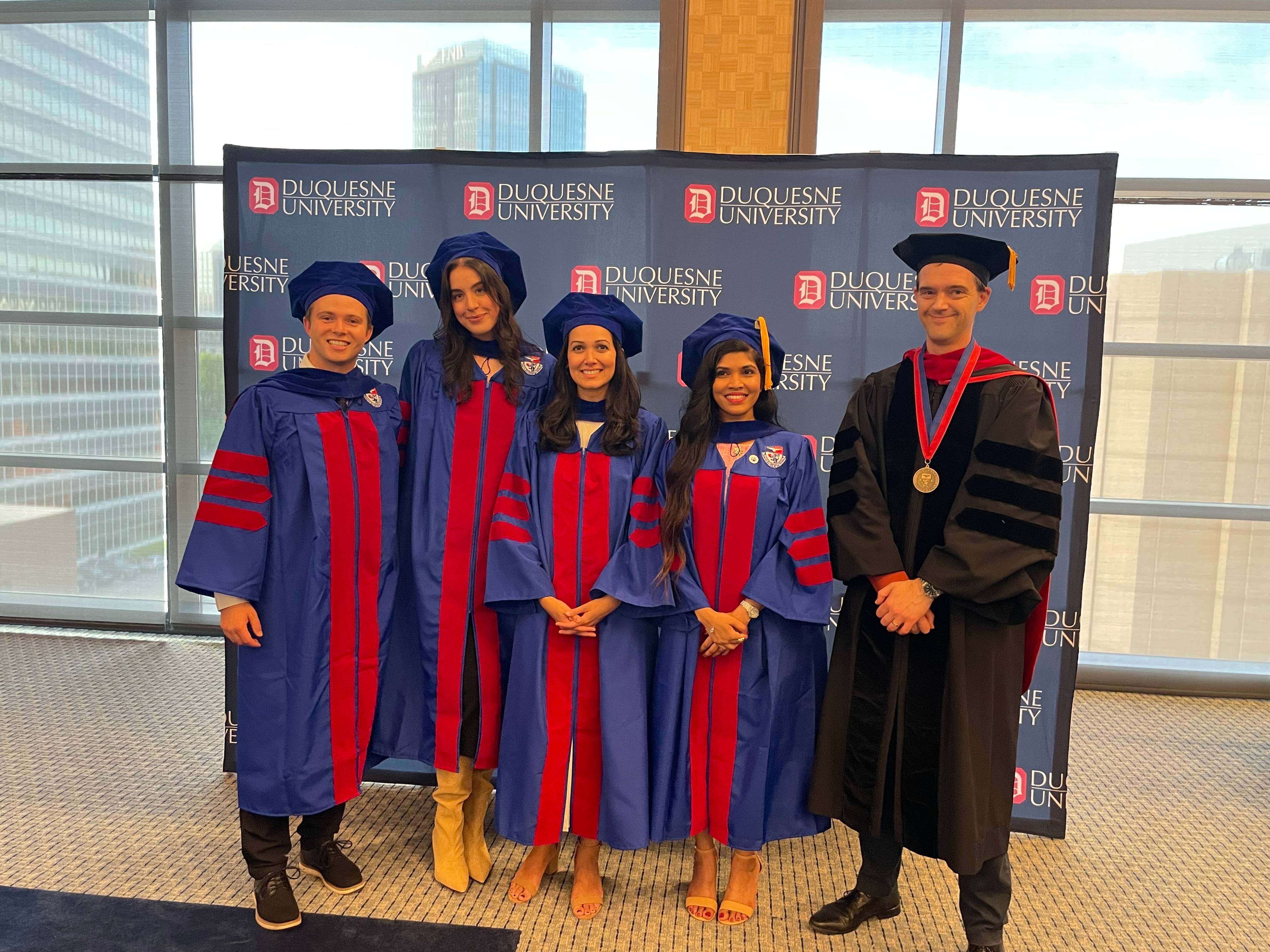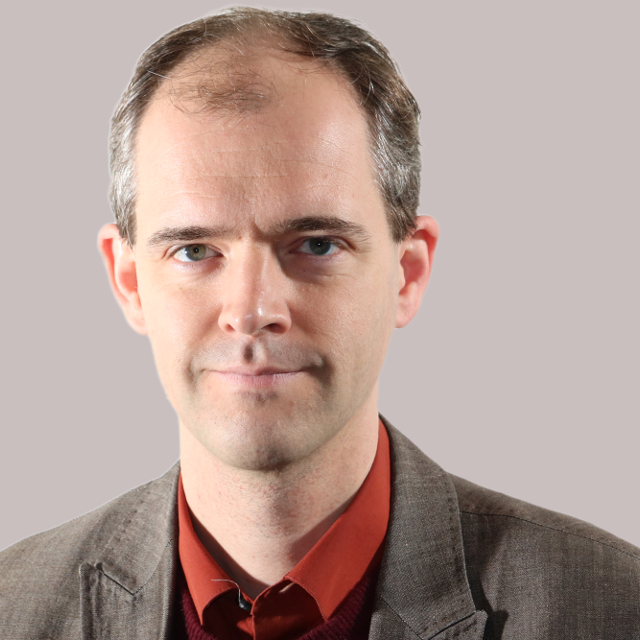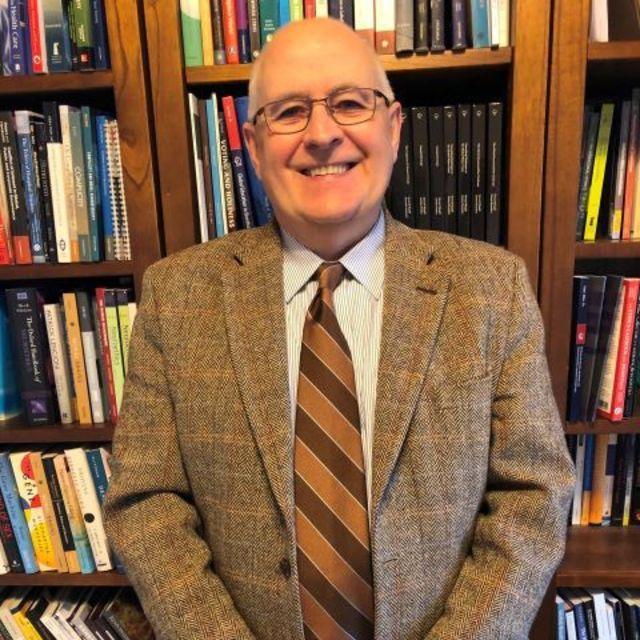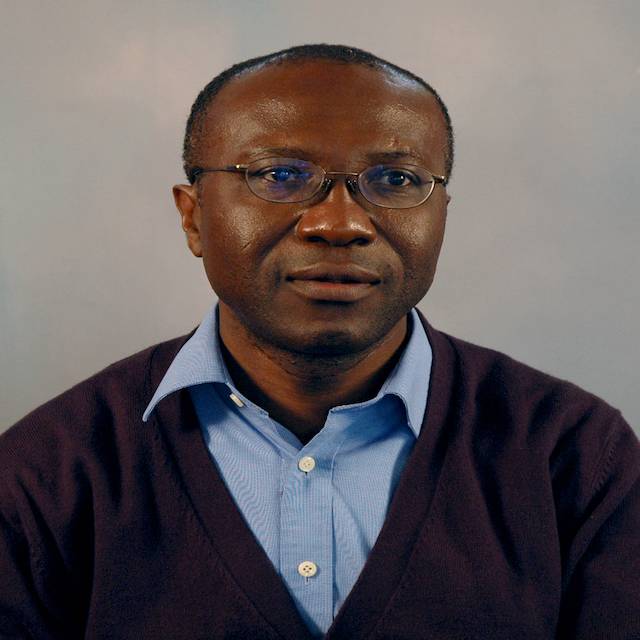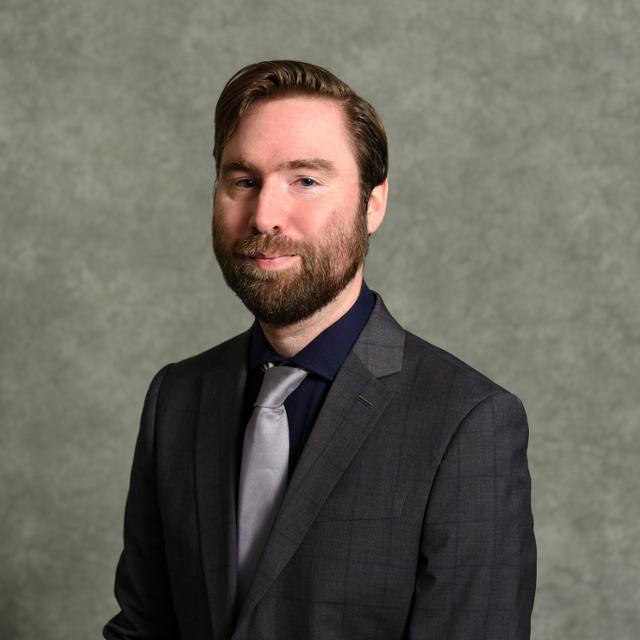Healthcare ethics is an interdisciplinary field that exists in a globalized context,
one that engages clinical, organizational, professional and research issues related
to medicine, science, law, policy, social science and the humanities. At Duquesne
University's Center for Global Health Ethics, you’ll come together with professors
and healthcare ethics professionals to explore scenarios, issues and current events
in healthcare ethics, and ask difficult questions that drive meaningful change in
an array of ethics fields in healthcare.
The center provides scholarly and professional training in healthcare ethics consistent
with the Catholic, Spiritan identity of Duquesne University, based on the university’s
liberal arts foundation. Duquesne is committed to an atmosphere that is open to diversity
to celebrate education of the mind, heart and spirit. We also cultivate academic
excellence, ethically responsible judgment, and social justice in a globalized context.
The center prepares you, as an emerging leader in healthcare ethics, with the relevant
skills to work in the healthcare environment and to address the challenges of today
and tomorrow collaboratively with professionals and organizations.
Degrees & Programs
The doctoral curriculum requires 12 courses (36 credits) beyond the master’s degree.
The doctoral curriculum requires 12 courses (36 credits) beyond the master’s degree. Baccalaureate admission track requires 16 courses (48 credits) beyond the baccalaureate
degree.
26 credits - Nursing
12 credits - Healthcare ethics
3 credits - Cognate
6 credits - Dissertation
= 47 total credits
The required experiences in clinical settings offered by the joint degree will enrich
your appreciation of the various health-related practice areas and the range of legal
issues you are likely to face in practice. The joint degree is structured so that
you will be able to graduate in three to four years with both degrees if desired. Course Planners
Choose 10 courses
Choose 16 courses
Students can also register for the following clinical rotations, as part of their
curriculum.
Choose 12 courses
Students can also register for the following clinical rotations, as part of their
curriculum.
Choose 16 courses
Students can also register for the following clinical rotations, as part of their
curriculum.
Choose 12 courses
Students can also register for the following clinical rotations, as part of their
curriculum.


